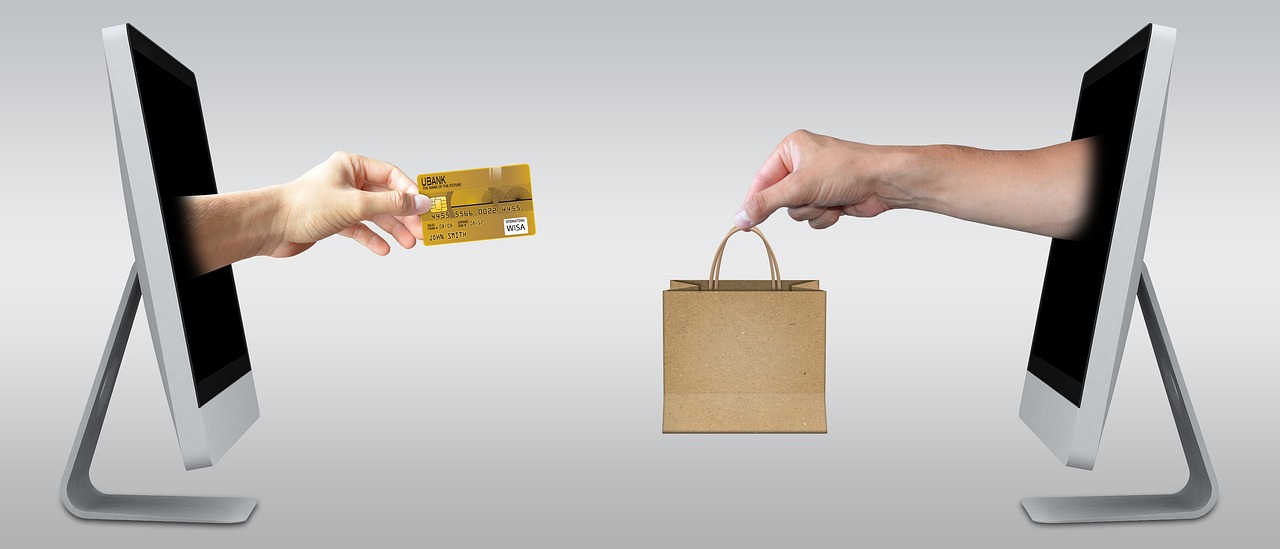Common Uses of RNGs in Business

Random number generators (RNGs) are the unsung heroes behind many business processes. But, what are they commonly used for? Let’s take a look.
Random Selection
There are certain times in business when the randomness of selection is incredibly important. RNGs have long since been utilized for this very purpose, particularly in the entertainment industry. Take something like online casinos, for example – in this context, RNGs digitally mimic the aspect of luck you’d get from rolling a dice, choosing a card, or sinning a wheel. RNGs are the key technology behind fun online slot machine games ensuring that the games stay fun, fair, and random. The RNGs choose when the reels will stop spinning, and which symbols will land on the reels, providing a random, unpredictable result. With this in mind, RNGs ensure that the gameplay is authentic and immersive.
This same technology has several applications in organizations, be it for random sampling, market research, product testing, or even dolling out the office chores at the end of the day. In essence, RNGs can make random selections from a list of preset data, the result of which cannot be determined in advance. As a result, this reduces the risk of bias or unfairness in the selection process, allowing businesses to gather honest opinions, monitor product performance, extract functional data, and reduce the risk of favoritism.
Passwords
Having a robust password policy is the cornerstone of any business’ security practices. Using passwords that are strong and complex is a simple, yet effective, way to make it harder for cybercriminals to hack into your systems. That said, we are only human, so many of us are guilty of using easy to remember passwords based on personal information. This is where RNGs come in handy.
RNGs can easily create a string of random capital and lowercase letters, special characters, and numbers. Depending on the sensitivity of the data you handle, you might consider pseudo-RNGs (PRNGs) or hardware-based true RNGs (TRNGs). Only people who have the key can decode PRNGs, which makes them hard to crack. However, more sensitive organizations may prefer TRNGs, which use random bits to create true randomness.
Payment Encryption
Tokenization is typically the process of converting tangible assets into digital tokens. However, it can also be used to protect the payment data of customers and businesses alike. There are two ways in which this tokenization can occur. On one hand, users can input their card details into an application, which used RNGs to generate a random card number and CVV. These tokenized details can then be used by the card holder to make payments, which are consolidated back into the original card details by the bank.
Another use of this process is during the transmission from the point of sale device to the bank. The cardholder uses their normal details to make a payment online or in person. The details are then tokenized using RNGs, and the payment token is transmitted to the bank, who again can consolidate the payment. This process protects the data during transmission through the cloud.
And there you have it – just a few of the common uses of RNGs in businesses. With RNGs in your arsenal, you can make your business more secure, your research more fair, and your payments protected.


:quality(75)/cloudfront-us-east-1.images.arcpublishing.com/elcomercio/XEO2VOOGNVAG3GR2G353WZ6QKU.jpg)
:quality(85)/cloudfront-us-east-1.images.arcpublishing.com/infobae/733BC4GLSFHFXGV2W5HA6RSFF4.png)

:quality(70):focal(917x454:927x464)/cloudfront-us-east-1.images.arcpublishing.com/elfinanciero/IK6YWCPEYFBRRFEKOPGFRQXC54.jpg)